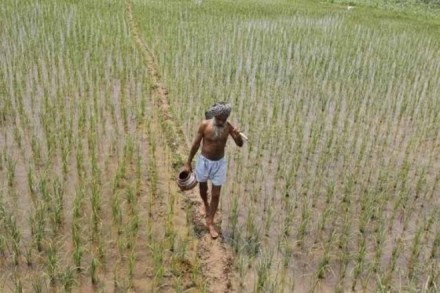By Rajesh Aggrawal
There is little doubt that agriculture and allied activities have undergone a major change in the past few decades. From manual to mechanised, from labour-intensive to capital-intensive, the field has witnessed a paradigm shift. Not only has the market-driven economy brought about a change in the way agriculture is practised, it has also introduced new fields and career prospects, including in the agrochemical industry. These include:
Agricultural research: It includes chemistry and bio-efficacy. The research specialises in the domains of insects, weeds and crop diseases. The educational qualification needed for this area ideally is Master of Science in Agriculture or PhD.
Agrochemicals marketing: Marketing of agrochemicals targets both retailers as well as farmers directly. If you have a degree in marketing, you can polish it further to suit the needs of the agrochemical industry. A Bachelor of Science in Agriculture is the minimum requirement; MBA in Agribusiness would be an added benefit.
Pesticide regulatory specialist: If one wishes to stay on the greener side of the law, it is necessary to restrict the chemical composition of agrochemical products according to legal limits. This is where the role of a pesticide regulatory specialist comes in. You should be a Master of Science in Agriculture/Chemistry or PhD.
Quality assurance expert: Monitoring and reviewing raw material information, detecting environmental changes, and inspecting equipment, materials and crops are part of this job. You should ideally be a Master of Science or PhD in Organic Chemistry.
Agrochemical formulation scientist: Formulation scientists are involved in the production of agrochemicals as well as post-production work of transferring technology to the field from the laboratory. A Master of Science in Chemistry or PhD is needed.
While a fresher can earn monthly salaries ranging from Rs 18,000-25,000, an experience of 4-6 years can give you Rs 6-15 lakh per year. If you hold a Masters or PhD, salaries can go higher.
(The author is MD, Insecticides India Ltd. Views are personal)
